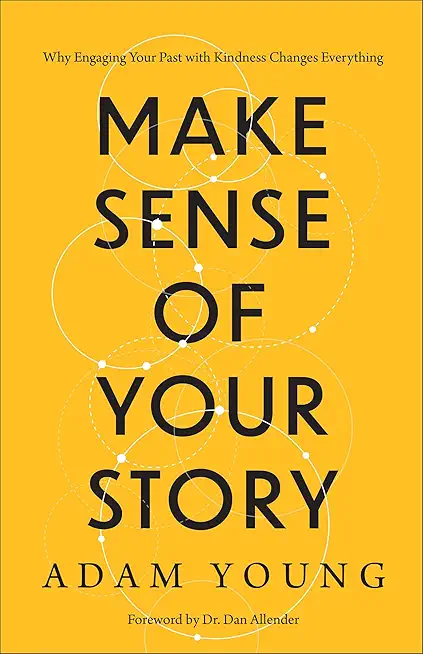
description
3The Day God Saw Me as Black is a genre-defying, cultural critique of white supremacy in the Black Pentecostal religious experience through the lenses of race, gender, sexual expression, and class analyses. A narrative that weaves between critique and meditation, decolonization and reconciliation, the theoretical and the deeply personal, The Day God Saw Me as Black is an imagining of what could be if we stopped denying ourselves -- and each other -- full liberation.
member goods
No member items were found under this heading.
Return Policy
All sales are final
Shipping
No special shipping considerations available.
Shipping fees determined at checkout.







